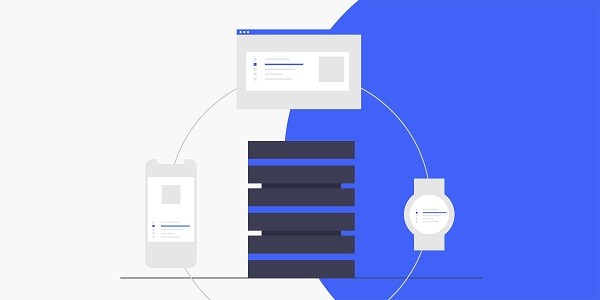Explore the role of proxies in bot operations, discover how different proxy types enhance efficiency, and learn why IP2world's solutions are trusted globally for seamless automation. What Are Proxies for Bots?In scenarios where automation tools and robots (bots) are widely used, proxy IPs (proxies) play a vital role. Simply put, a proxy IP is an intermediate server between the user's device and the target server, which can hide the user's real IP address and execute network requests through an alternative IP. For bots, proxy IPs can not only circumvent access frequency restrictions, but also achieve multi-regional task distribution and data collection. As a global leading proxy IP service provider, IP2world provides a variety of products such as dynamic residential proxies and static ISP proxies, providing underlying technical support for robot operations. Why Do Bots Need Proxies?The core function of a robot is to efficiently perform repetitive tasks, such as data scraping, social media management, or price monitoring. However, frequent requests can easily trigger the anti-crawling mechanism of the target website, resulting in the IP being blocked. Proxy IP solves this problem in the following ways:IP rotation: Dynamic residential proxies can automatically change IP addresses, simulate real user behavior, and reduce the risk of being blocked.Geographic location camouflage: Through static ISP proxy, bots can bind to IP addresses in specific regions to meet localized data acquisition needs.Load balancing: Exclusive data center proxy supports high concurrent requests to ensure stable task operation.IP2world's S5 proxy protocol further optimizes connection speed and anonymity, and is especially suitable for bot projects that require long-term stable operation. How Do Different Proxy Types Support Bot Operations?The diversity of proxy IPs determines the applicability of bots in different scenarios:Dynamic residential proxy: Based on real home network IP pool, it is suitable for scenarios that require high anonymity (such as social media account management). IP2world's dynamic proxy supports automatic IP switching and covers more than 190 countries and regions around the world.Static ISP proxy: directly assigned by the Internet service provider, with high IP stability, suitable for tasks that require fixed identity authentication (such as e-commerce inventory monitoring).Exclusive data center proxy: provides private IP resources and ensures exclusive bandwidth, suitable for large-scale data crawling or advertising verification.S5 proxy: Based on the SOCKS5 protocol, it has strong compatibility and can be seamlessly integrated into the existing bot development framework.IP2world's unlimited server plan provides a cost-controlled solution for long-running bots, avoiding task interruptions caused by traffic exhaustion. What Makes IP2world's Proxies Ideal for Bots?IP2world's technical architecture and product design are closely centered around the actual needs of bots:High-availability resource pool: The dynamic residential proxy library contains more than 90 million real residential IPs and supports millisecond-level switching to ensure continuous operation of bots.Precise positioning capability: Static ISP proxy supports city-level IP positioning to meet the needs of regional directional data collection.Protocol compatibility: S5 proxy supports HTTP/HTTPS/SOCKS5 protocols and is compatible with mainstream development tools such as Python, Scrapy, and Selenium.Flexible billing model: Unlimited server solutions allow enterprises to expand resources on demand, avoiding the limitations of traditional traffic-based billing.In addition, IP2world provides 24/7 technical support and API interfaces to help enterprises quickly integrate proxy services and optimize the workflow of bots. How to Choose the Right Proxy for Your Bot?When choosing a proxy IP, you need to consider the following factors:Task type: Dynamic residential proxies are preferred for high-frequency request scenarios (such as crawlers); static ISP proxies are suitable for long-term fixed tasks (such as account hosting).Anonymity requirements: Residential proxies are more anonymous than data center proxies and are suitable for combating platforms with strict anti-crawl policies.Balance between cost and performance: Exclusive data center proxy costs are higher, but more stable; unlimited servers are suitable for small and medium-sized projects with limited budgets.IP2world supports flexible subscriptions by day, week, or month, and provides a free trial service to help users test different proxy solutions based on their actual needs. As a professional proxy IP service provider, IP2world provides a variety of high-quality proxy IP products, including dynamic residential proxy, static ISP proxy, exclusive data center proxy, S5 proxy and unlimited servers, suitable for a variety of application scenarios. If you are looking for a reliable proxy IP service, welcome to visit IP2world official website for more details.
2025-03-26









